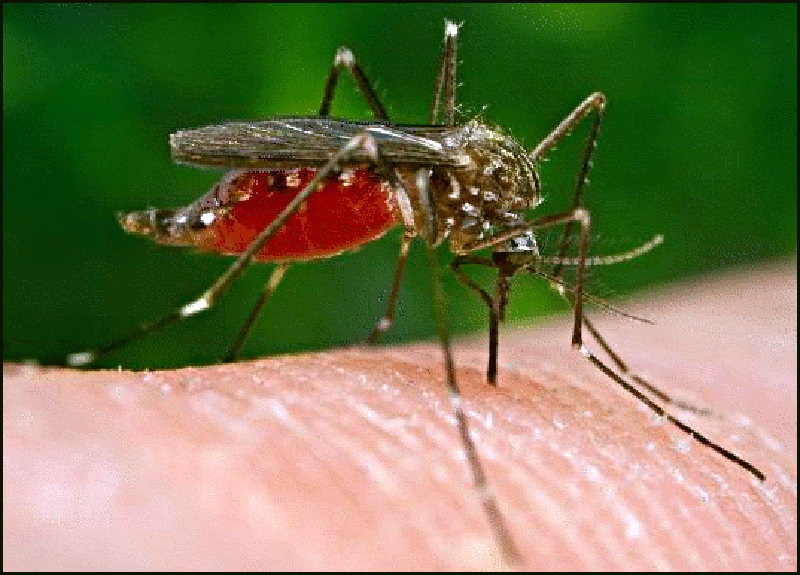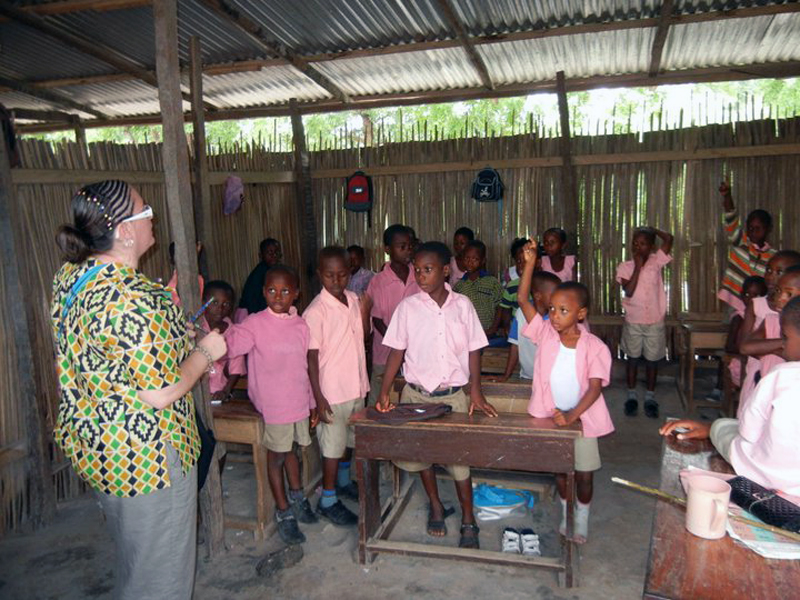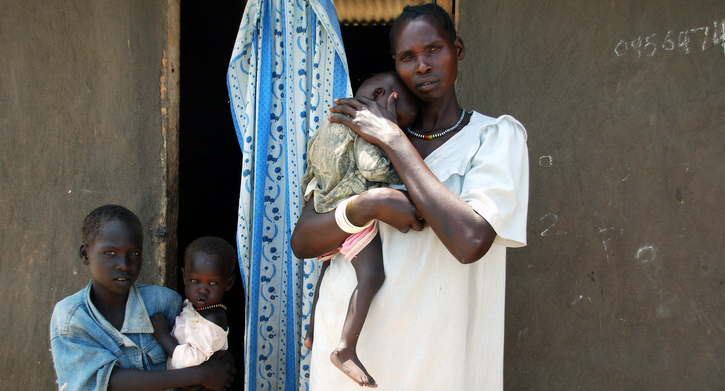Fighting With The Poor example from OWU
Malaria Communities Program In Zaire province, Angola – started 2011
 The Objective
The Objective
The overall objective of the program is to establish a school based community malaria control network in Zaire province in the northern Angola.
The specific objectives are, through the network, to promote:
- Increased use of bed nets in the target population, particularly by pregnant women and children under 5 years.
- Improved ability in communities to recognize symptoms of malaria.
- Increased health-seeking behavior in target communities
The Strategy
The strategy is to establish a network of 200 teachers, who are specially trained in the key project messages, and in community service.
Each Malaria Control Teacher (MCT) organizes a Malaria Control Committee (MCC) at their school, and two Malaria Control Patrols of approximately 20 students each. Together, the Malaria Control network works with the local community to promote malaria control.
Target Population
The target population is approximately 20,000 rural and suburban families.
This is around 100,000 people, including 5,000 pregnant women and 20,000 children under five.
Geographic Location:
The project is being implemented in all six of the municipalities in Zaire province.ogram
Zaire Province
Selected results, April 2011
 Distribution of LLITNs (=Long Lasting Insecticide Treated Nets)
Distribution of LLITNs (=Long Lasting Insecticide Treated Nets)
• The project received a donation of 20,000 Long Lasting Insecticide Treated Nets from PSI. To date, 18. 879 have been distributed.
• Distribution is organised around each school. The Malaria Control Teachers, Committees and Patrols get organised together with local leaders, health clinics etc.
• Recipients are informed about malaria and how to use the nets, before receving their net, which they sign for.
Cooperation with other Stakeholders
The malaria project has held 18 meetings with partners or other bodies involved in the Malaria Control Program in 2011, with the aim of continuously strengthening the collaboration and partnership with our boundary partners. Meetings have been held with Labio Fam, Angola LNG,
Mentor and the Ministries of Health in Soyo, Tombocco, Nzeto and Mbanza Congo, Noqui and Kuimba.
We had a meeting with Labio fam and will collaborate to have malaria actions together, ADPP PMC patrols will identify places where there is stagnant water or mosquito breeding places and together with Labio Fam will spray insecticide to kill the larvas in these breeding places.
Malaria Control Network Numbers
Malaria Control Teachers (MCTs)
There are trained MCTs at all 175 schools participating in the project this year.
Malaria Control Committees (MCC)
168 MCCs with at least two students representatives and two representatives from the community are active.
Malaria Control Patrols (MCP)
413 MCPs with 8,260 pupils are active in the project in 2011.
 Malaria Lessons in School
Malaria Lessons in School
The Malaria Control Teachers continue giving lessons to malaria control patrols.
The lessons are taken from the manual for the Malaria Control Teachers and the idea is to equip the students in the patrols with the knowledge and skills - so that they can pass the knowledge on to the rest of the community.
Events
The annual school competition is being held in the run up to International Malaria Day in April.
The school patrols will present drama, poetry, speeches, etc. based on what they have learnt during the year about the correct use and maintenance of mosquito nets, malaria prevention and transmission, recognizing signs and symptoms of malaria.
The Quarterly Malaria Control Day will also be held in April.
Each school is organizing the Malaria Day for the surrounding community. The theme of the day is the correct use and maintenance of the mosquito nets. Checks will be made on those distributed last year and those newly distributed.
Each school will invite the parents and share with them what they have been learning about malaria.
11 Facts About Malaria
1. In 2010, some 3.3 billion people lived in areas at risk of malaria transmission in 107 countries and territories, including parts of Africa, Asia, the Middle East, Central and South America, Hispaniola, and Oceania.
2. In 2009, about 225 million people were living with malaria and 781,000 died as a result of the disease.
3. At least one million deaths occur every year due to malaria.
4. 35 countries, 30 in which are in Africa, account for 98% of worldwide malaria deaths.
5. It costs Africa $30 billion annually in lost productivity and eats up 40% of hospital expenditures, stalling economic and social development.
 6. Malaria kills more African children than any other disease.
6. Malaria kills more African children than any other disease.
7. People who have little or no immunity to malaria, such as children and pregnant women, are more likely to become severely ill and die if bitten by an infected mosquito.
8. Children who survive episodes of severe malaria may develop learning impairments and brain damage.
9. People subjected to frequent malaria infections (such as young children and pregnant women in high transmission areas) can develop anemia due to frequent destruction of the red blood cells by the malaria parasites. Severely anemic patients might receive blood transfusions which, in developing countries, can expose them to HIV and other blood born diseases.
10. In developing countries, the harmful effects of malaria may combine with those of other highly prevalent diseases and conditions, such as malnutrition, HIV/AIDS, and anemia of all causes. Such combinations can have severe results, especially if they occur repeatedly
11. Since many countries with malaria are already among the poorer nations, the disease maintains a vicious cycle of disease and poverty. People who cannot afford a bed net for prevention or access appropriate treatment when they fall sick, are the ones that suffer the most.
Sources:
2010 World Malaria Report
Malaria No More
World Health Organization
Centers for Disease Control
Science Daily
Homelessness and Poverty
Global Health
Millennium Dev Goals
Human Rights
Fact Sheet




